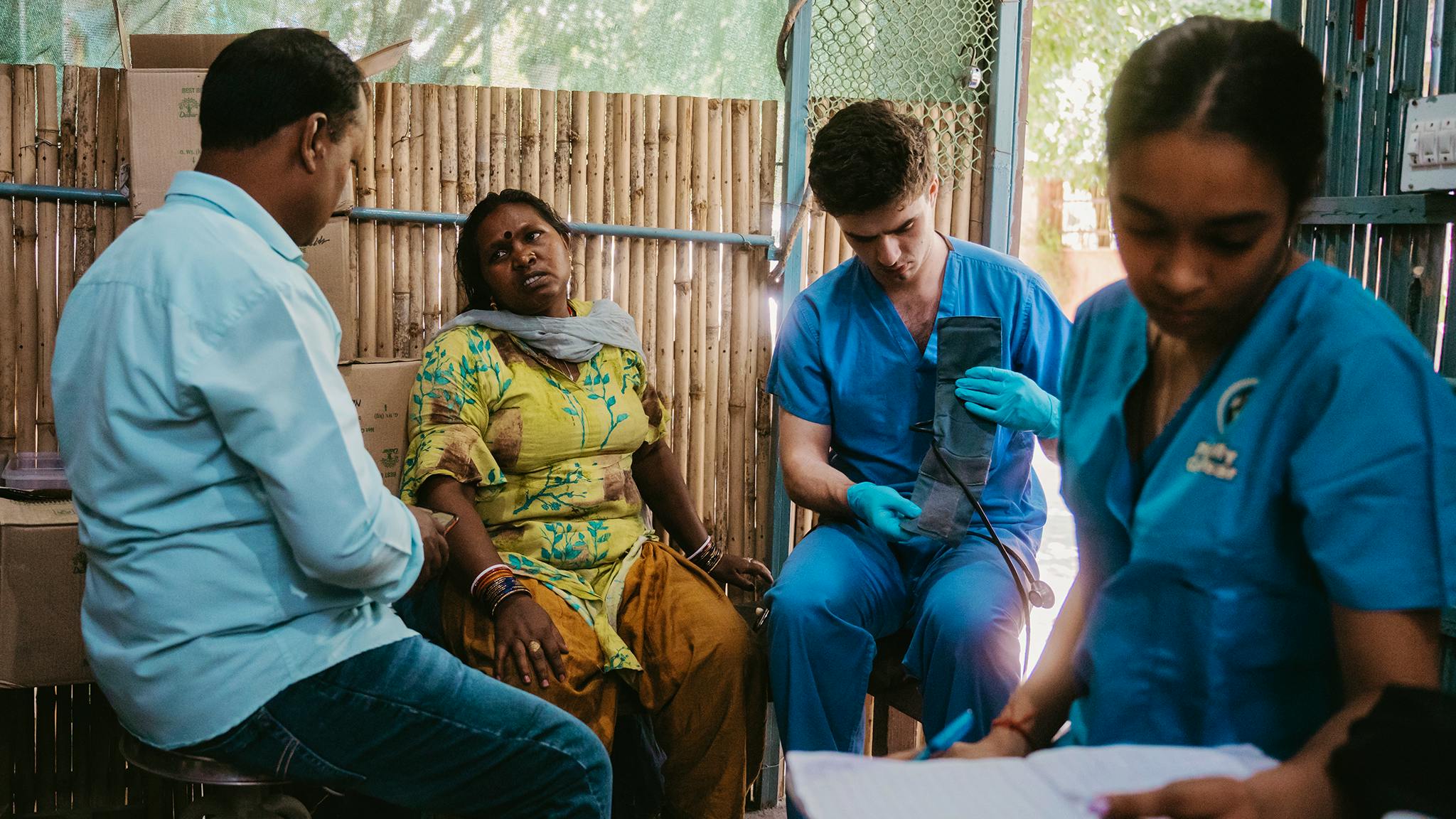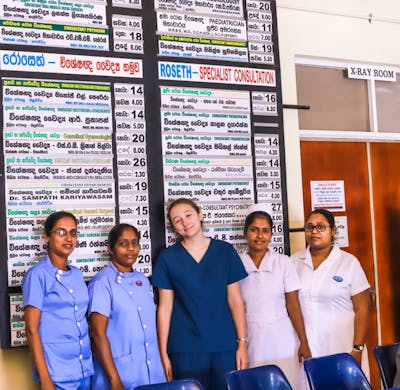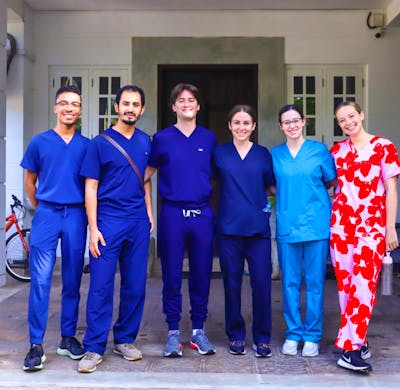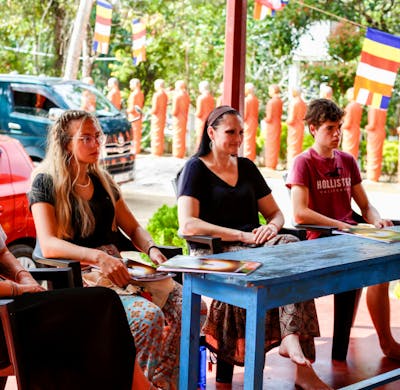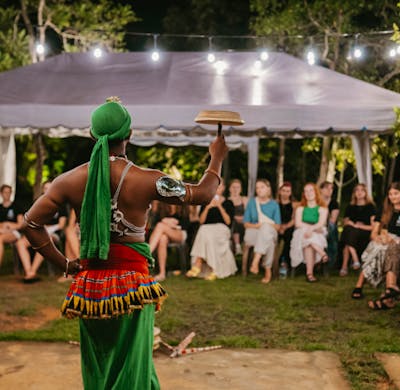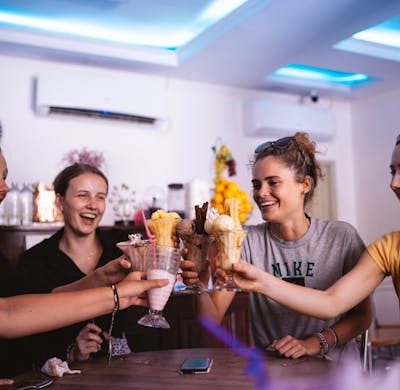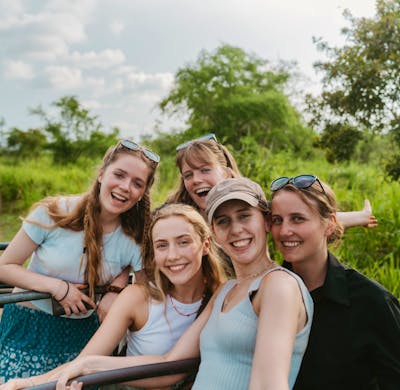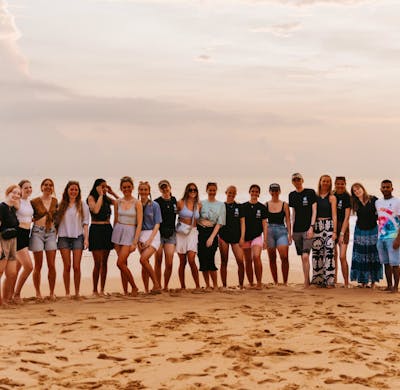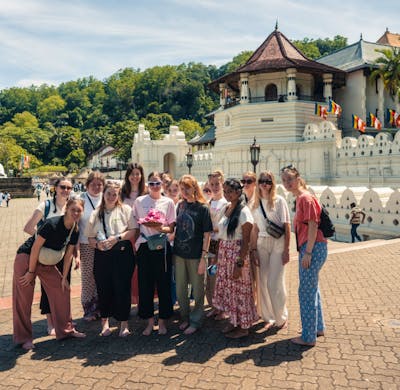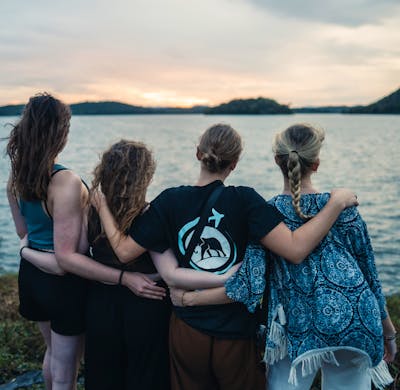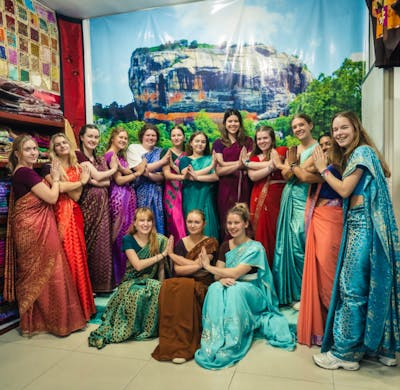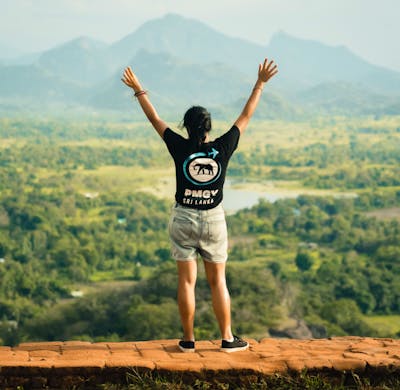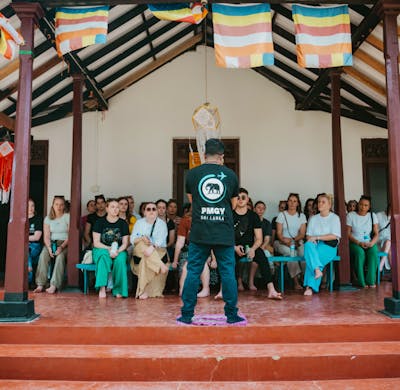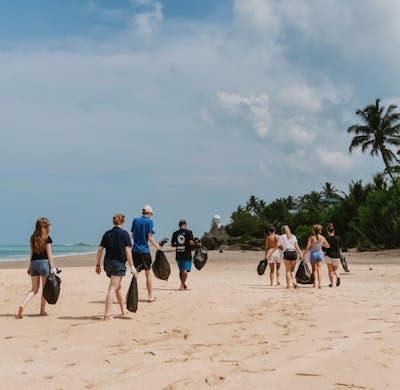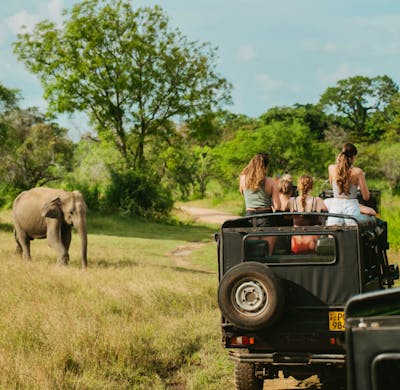2023 at Sri Lanka Medical Volunteers
a partire da 538€
Sri Lanka Medical Volunteers
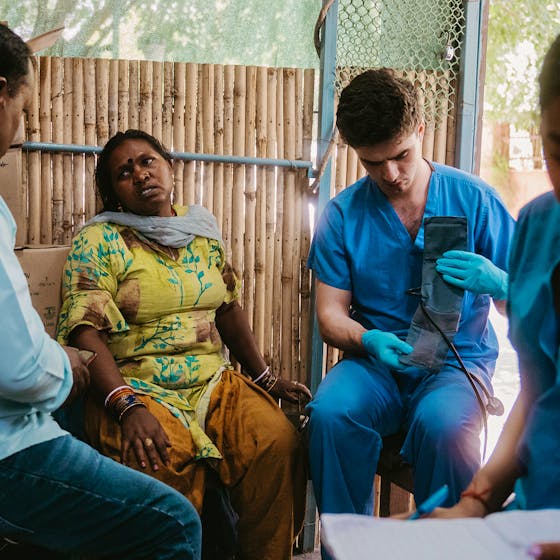
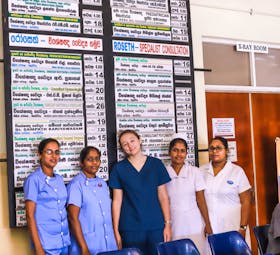
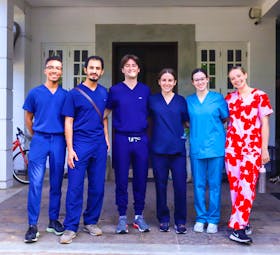
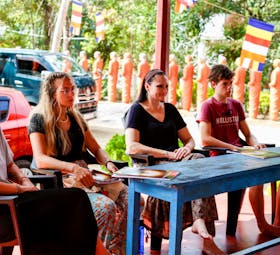
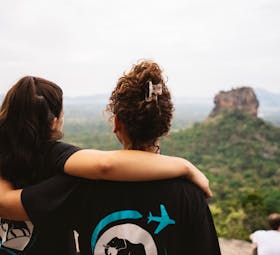
Punti Salienti
- 80% of PMGY volunteers are 17-22 years old
- Gain hospital medical experience & exposure into the Sri Lankan healthcare system
- Learn about cultural differences & Ayurvedic medicine practices
- Structured weekend trips to Kandy, Yala National Park & the Maldives
- Widely considered to be PMGY's top overall destination & best local team
Particolarmente adatto per
Sul programma
Gain invaluable medical experience, an opportunity not to be missed in this gorgeous part of the world by those pursuing a career in medicine.
PMGY’s Sri Lanka Medical Experience is an elective scheme for medical students and school leavers looking to pursue a career in medicine. School leavers and applicants from a non-health related background will be placed at a private hospital. Those who are studying a health-related degree at ...
Giornata tipica
Private Hospital – We work with a private hospital in Ambalangoda. Usual working hours are between 09:00 and 12:30. The following departments are available:
Physiotherapy, Dental Surgery, Radiology (x-ray machine and computerised radiology), Laboratory, Phlebotomy, In-Patient Ward, Out-Patient ...
Attività del tempo libero
PMGY volunteers are based in Ambalangoda, which is a lively oceanside town situated on the South West Coast.
It is traditionally a fishing community but is famous for being the major production centre for demonic wooden masks. The traditional masks were originally designed to be worn by performers ...
Requisiti
Servizi inclusi
Cosa NON è incluso?
Dettagli all'arrivo
This program starts on the 1st & 3rd Sunday of every month
Tariffe del programma
Incontra il tuo ospite
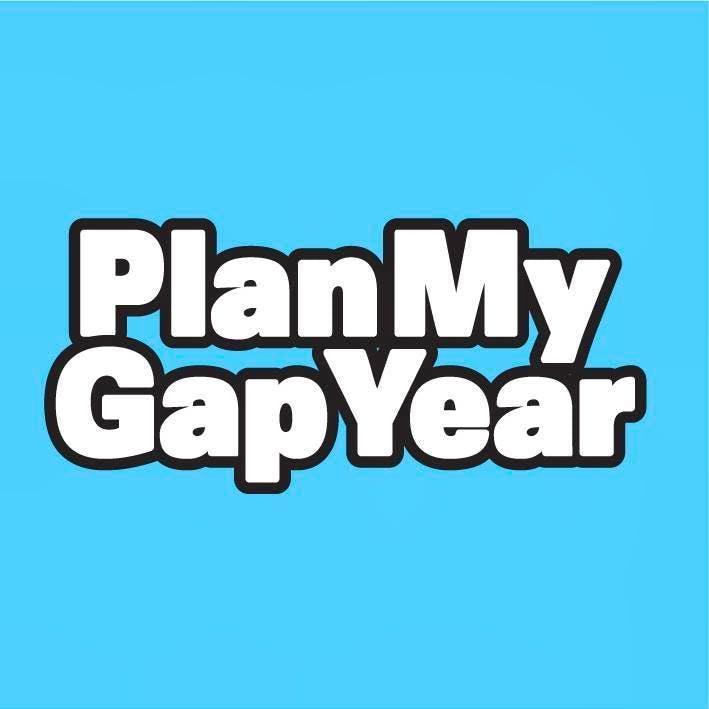
Plan My Gap Year
Agenzia - fondata nel 2011
Verificato da Volunteer World
Ospitato da
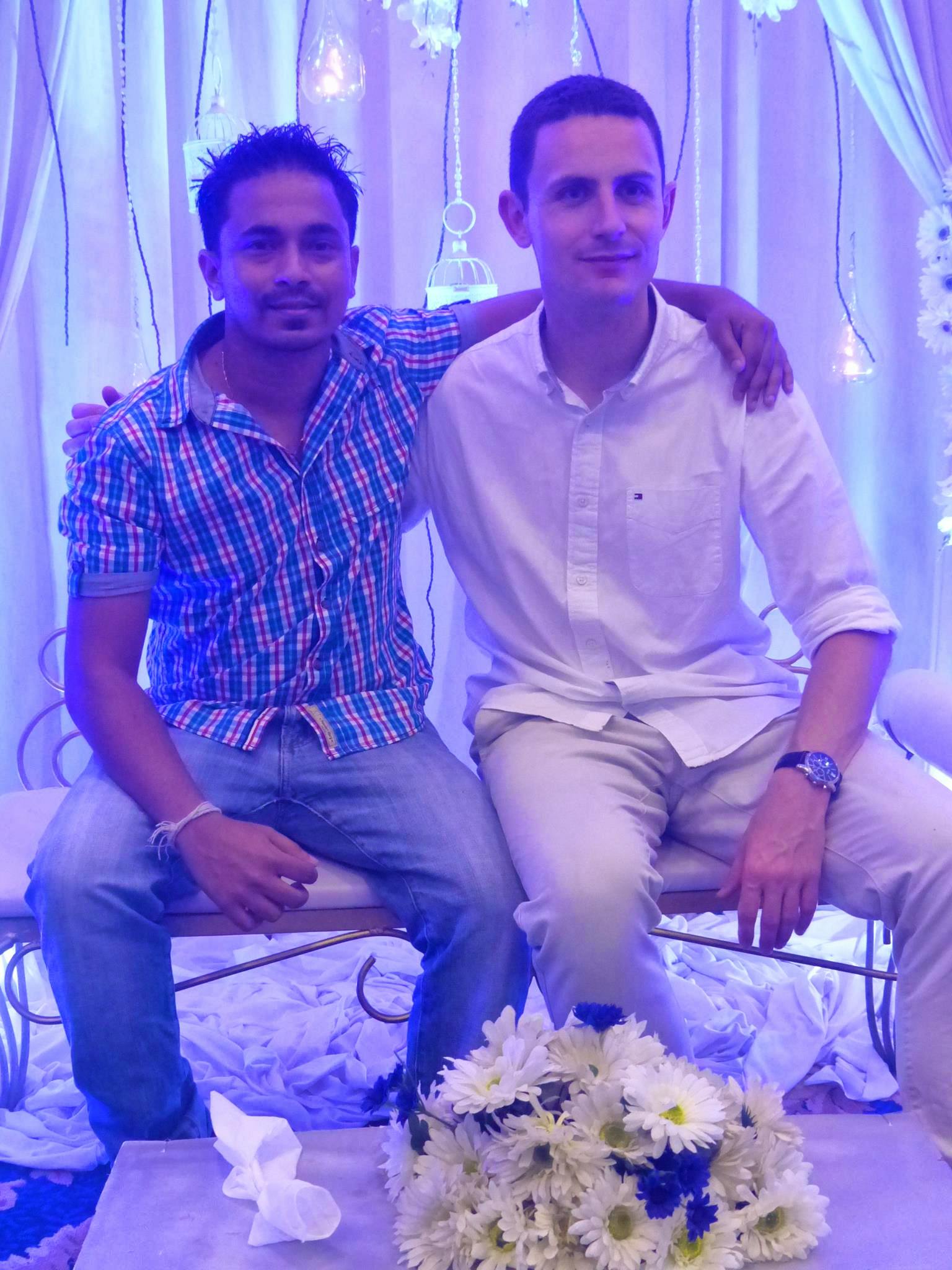
Josh
Sul progetto
861 recensioni ·  4.8
4.8
Posizione

Potreste essere interessati anche a
-
Tirocinio Infermieristico
un Tirocinio
Volontariato in Inglese
Programmi Medici
Progetti all estero
Umanitarie
Coppia
Umanitarie Medici
dei 18 anni
Adulti
Gruppo
